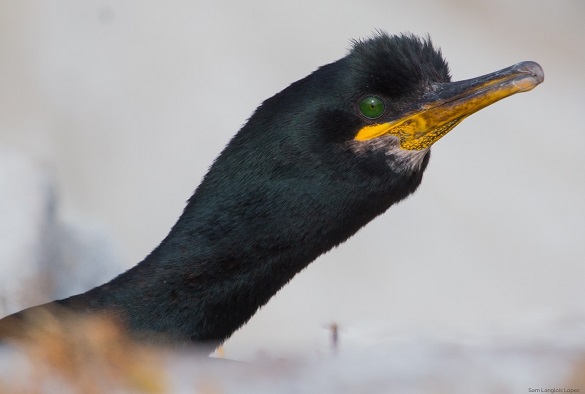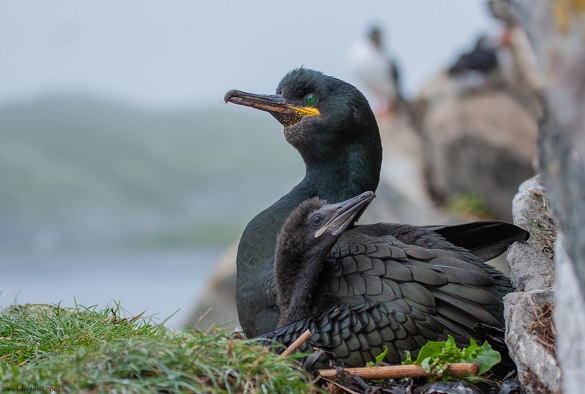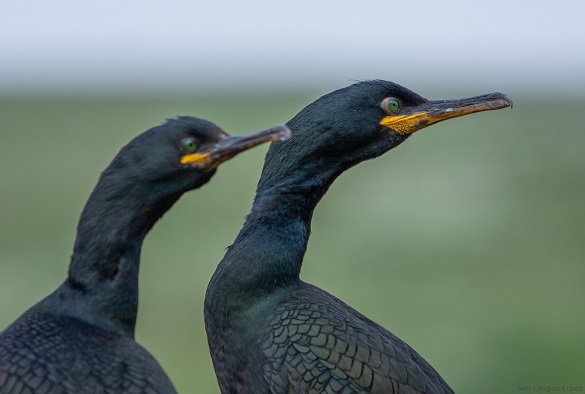Parasites hinder reproduction for seabird mothers
Published on

A study by the University of Liverpool and Centre for Ecology & Hydrology (CEH) has found that parasites reduced female seabirds’ reproductive success by 30%, whilst seeming to have little effect on male seabirds.
A seven year study of European shags on the Isle of May off the East coast of Scotland sought to explore the impact of natural parasites on the reproduction of wild seabirds.
Using specially adapted endoscopes, researchers filmed the inside of the birds’ stomachs in order to count the number of parasitic worms in each bird. They also recorded the number of chicks each adult was able to raise to fledgling.
The study found that male shags have much higher quantities of parasites in their stomachs than the females, yet females saw a 30% reduction on their reproductive ability suggesting that the different sexes face different pressures during the breeding season and may differ in their abilities to cope with parasites.
The research also revealed that parasites had significant negative effects even in years with relatively good environmental conditions. This contrasts with the commonly held belief that parasites only have negative effects in poor conditions.
Olivia Hicks, lead author of the study which was undertaken during her PhD with the University of Liverpool and CEH, said: “This is the first long term study of the effect of natural parasites on seabird reproduction and we were surprised with the results.
“These findings suggest that we have underestimated the impact of parasites on wild populations and they could be more important in driving population success than we thought.”

CEH population ecologist Sarah Burthe, who has led this piece of work, is one of the leaders of the long term parasite research on the Isle of May and is the last author of the paper, said: “Parasites are rarely looked at in wild hosts, partly due to the difficulties of studying them in wild populations but through this new technique, endoscopy, we have been able to show that the impacts of parasites can be significant”.
The study was carried out over seven years, from 2011-2017, on the Isle of May in Scotland as part of a long-term study conducted by CEH. The research also involved Biomathematics and Statistics Scotland and The University of Edinburgh
The paper 'Sub-lethal effects of natural parasitism operate through maternal not paternal reproductive success in a wild population’ (https://doi.org/10.1002/ecy.2772) is published in the journal Ecology.
